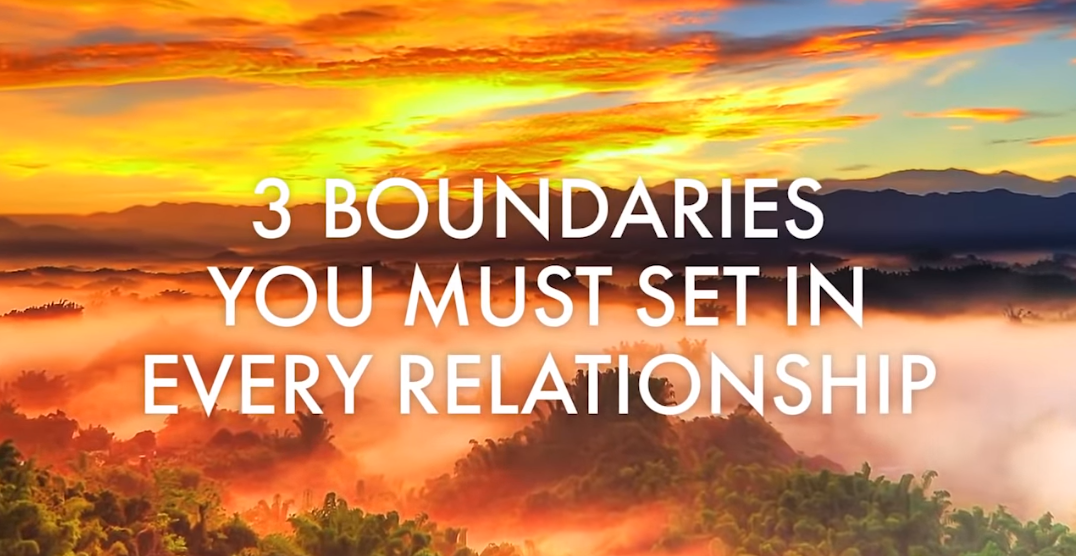Mar 20, 2025 | Mental Health Ministry, Stronger Together Support Group
Hello Stronger Together folks,
This week we’re talking about anger management.
Maybe the political turmoil we are currently experiencing is making you mad. How do we manage anger productively, since there is really no way we won’t get angry at times? Let’s talk about it. We’ll watch this mindfulness video on anger.
Warm up question: What is something that many people consider a modern-day convenience that you, quite frankly, consider a pain in the neck?
Jul 31, 2024 | Mental Health Ministry, Stronger Together Support Group
Hi folks,
This week I’m trying to fret less and focus on the good. I almost thought it would be helpful to discuss mental health during an election campaign, but I’m a chicken so I bring you the topic of gratitude.
Another way to think about gratitude is training our minds to notice the tailwinds, not just the headwinds, and the present moment, not just the past and future ruminations. Our minds are geared to focus on pain (for our survival!) but our mental health might depend on going against that aspect of our nature.
Here’s a video we will watch: The Power of Gratitude. Thomas Gilovich, the speaker in this video podcast, has done longer presentations on the topic, but this one will hopefully get us started.
Warmup topic: Tell a story about a lucky break or a close call you’ve experienced.
See you Thursday at 7 p.m.!
Kirsten
May 1, 2024 | Mental Health Ministry, Stronger Together Support Group
Hello Stronger Together Group,
I know when things don’t go my way I can start ruminating about them, and it can be challenging get out of that place even if I know I am doing it. The short video below is about all of that. We will have to get past the short advertising by the presenter for her other products and we are not endorsing them here:)
Here is the link to the video: Two Things You Can Do To Stop Ruminating
Idea for a warmup question: What is your favorite time of the day, and why?
See you all tomorrow, Thursday, at 7pm. Stay cool!
Dee

Jun 15, 2023 | Mental Health Ministry, Stronger Together Support Group
Hello friends,
Don’t worry, experiencing “enlightenment” is not a prerequisite for this week’s conversation! In fact, according to Dr. Andrew Newberg, there are two kinds of enlightenment: enlightenment with a “lowercase e,” which changes our opinions about the world, and Enlightenment with a “capital E,” which changes our essence — that is, how we think about life, death, and God.
This week we’ll watch the video linked above about the neuroscience of enlightenment and engage in a broader conversation about this “slippery concept.” Some questions to ponder:
- Is “enlightenment” just another name for experiencing God?
- Have you ever felt enlightenment as described in the video? Did it change you permanently, or was it a temporary change?
- How should someone feel about their faith or their sense of self if they never have a moment of enlightenment?
Our warm-up question for this week:
What’s your favorite song to sing when nobody else is listening?
See you soon,
Alex

Jun 1, 2023 | Mental Health Ministry, Stronger Together Support Group
Hello friends,
The first line of our shared article for this week sums up the oft-experienced frustration perfectly:
One of the hardest things for me in the aftermath of a conflict is getting out of my head and accepting that what happened, happened.
Why can’t we just summon up a little bit of Elsa magic and “let it go”? Why do we keep playing and replaying the situation in our minds, analyzing every word we said or should have said, even though there’s nothing to do about any of it?
In this week’s discussion we’ll talk through three practical strategies to reduce these “negative ruminations.” We’ll also watch a very brief video on ways to set better boundaries, which as you’ll see in the article is central to reducing the number of times we find ourselves in the types of conflict that lead to negative ruminations
Our warm-up question for this week:
Which Disney princesses are your most and least favorite? Yes, you read that right.
See you soon,
Alex

